On May 30, 1431, in the heart of English-controlled Normandy at Rouen, Joan of Arc, who helped to save France was burnt to death for heresy.
Joan was born in 1412 in the humble village of Domremy, where she grew up as the daughter of a peasant farmer amidst the tumult of the Hundred Years War. From a young age, she had visions, hearing the voices of three Christian saints-St. Michael, St. Catherine, and St. Margaret-who urged her to rise and help the Dauphin in reclaiming the French throne from English domination.
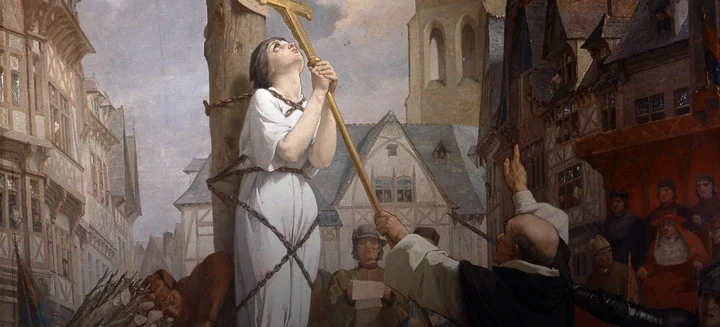
In 1428, at the tender age of sixteen, Joan ventured to Vaucouleurs, seeking an audience with the Dauphin's captain, hoping to convince him of her divine calling. Initially met with skepticism, she persisted, returning in January 1429, where her piety and unwavering determination convinced the captain to grant her passage to the Dauphin's court at Chinon.
Dressed in men's clothing and accompanied by a small escort, Joan reached Chinon in February 1429 and was granted an audience with the Dauphin, Charles VII. Despite attempts to disguise himself among his courtiers, Joan identified him accurately and explained her divine mission to him. Impressed by her conviction and given the desperate situation facing France, Charles VII agreed to provide her with troops to lift the siege of Orleans.
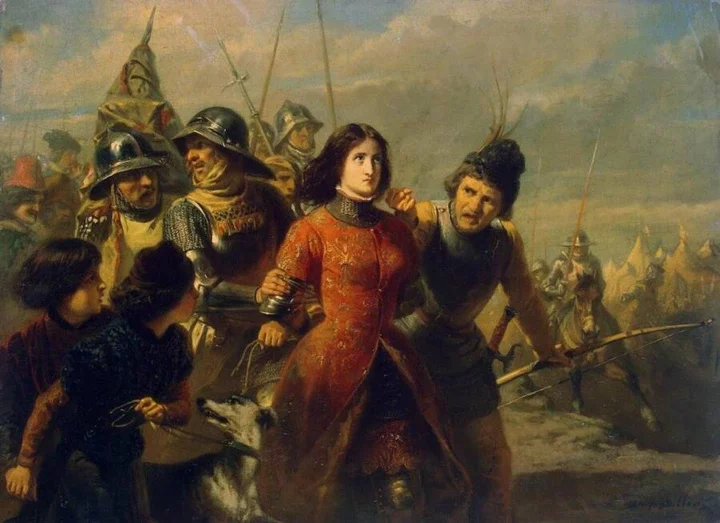
With Joan's leadership, the French forces achieved remarkable victories resulting in the coronation of Charles VII at Reims in July 1429. However, her success was short-lived. Joan was captured by Burgundian forces during the siege of Compiegne in 1430, handed over to the English, and subjected to a trial for heresy in Rouen.
Despite her strong faith and unwavering conviction, Joan faced interrogations and manipulation by her accusers. Refusing to recant her divine revelations, she was sentenced to death by burning. On May 30, 1431, at just nineteen years old, Joan of Arc was burned at the stake.
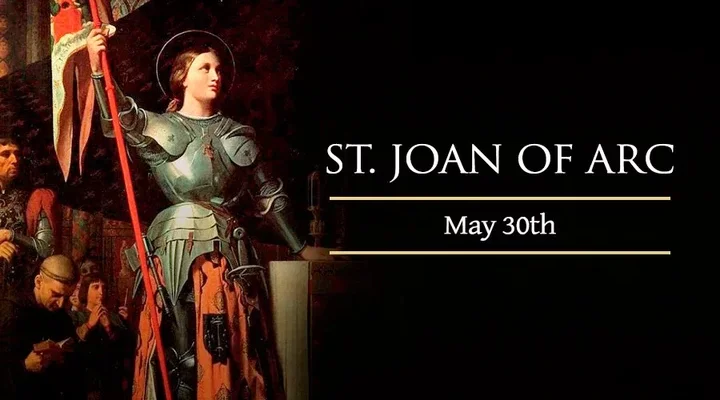
Joan's legacy endured beyond her death, serving as a beacon of hope and inspiration for generations of French patriots. In 1920, the Catholic Church canonized her as a saint, recognizing her extraordinary courage and devotion. May 30 is celebrated as her feast day, honoring her enduring impact on French history and culture.


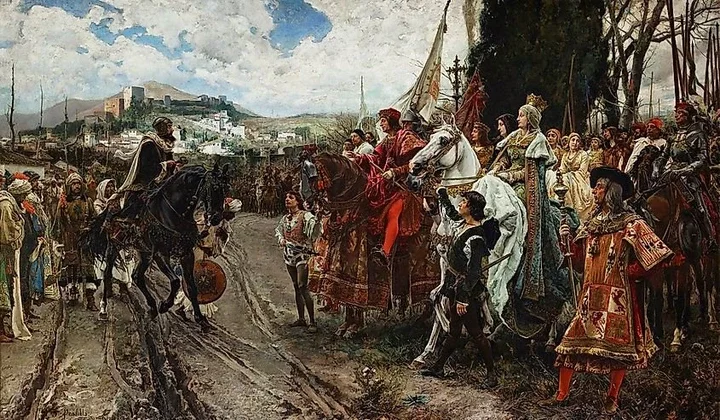


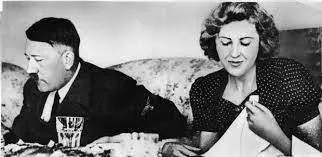

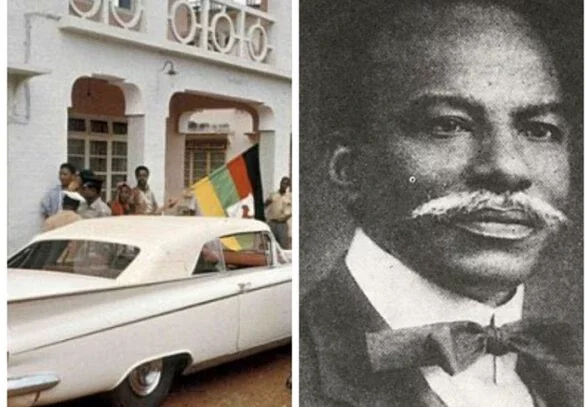










Comments